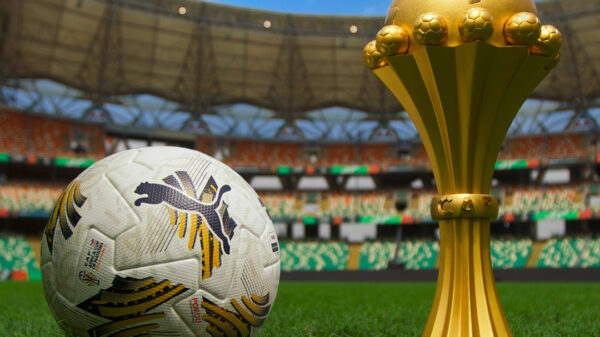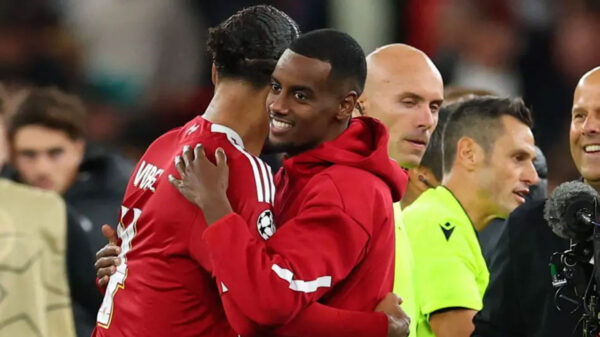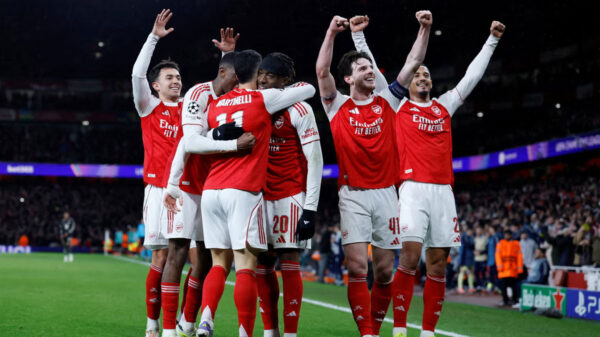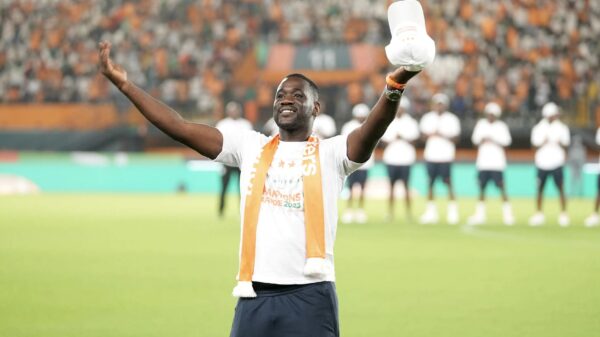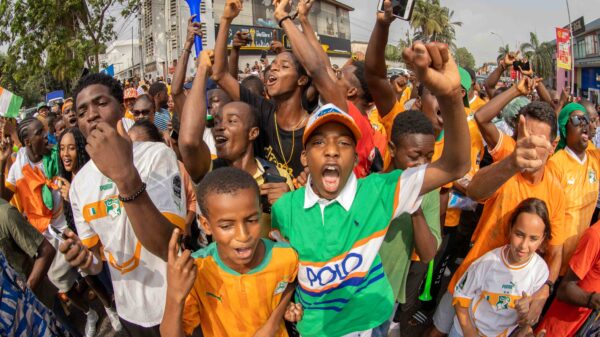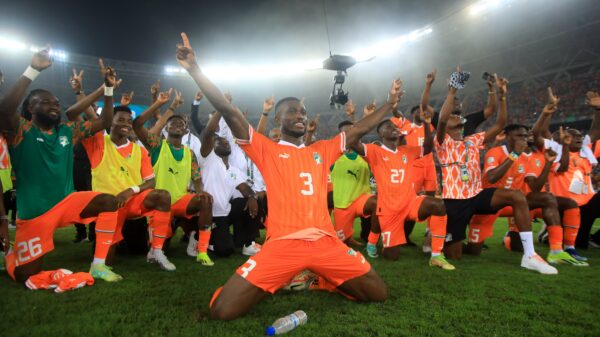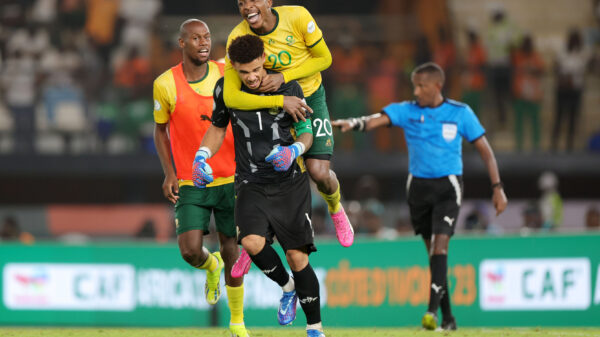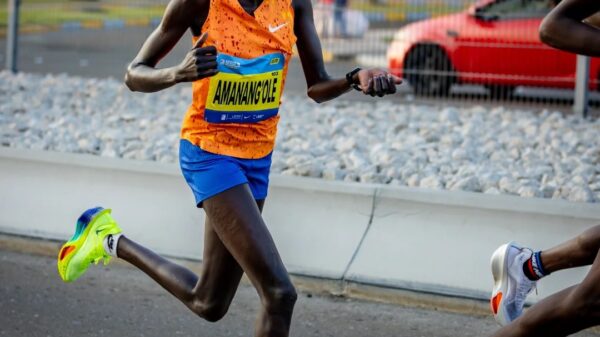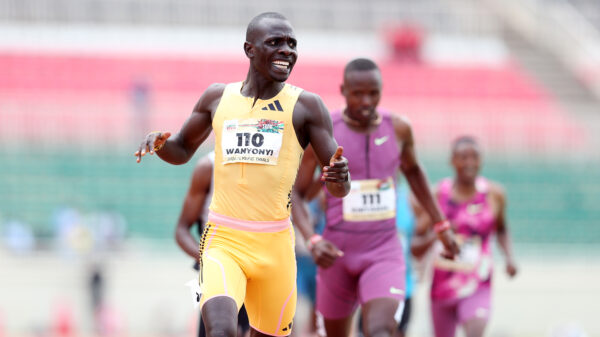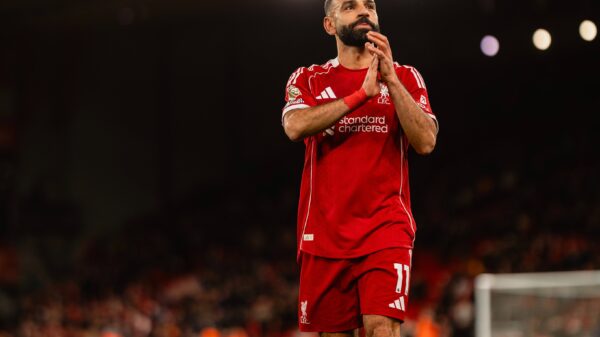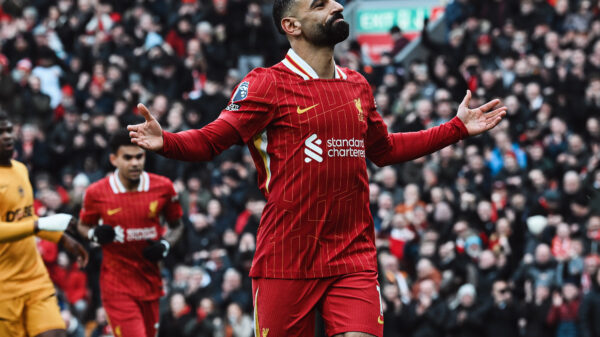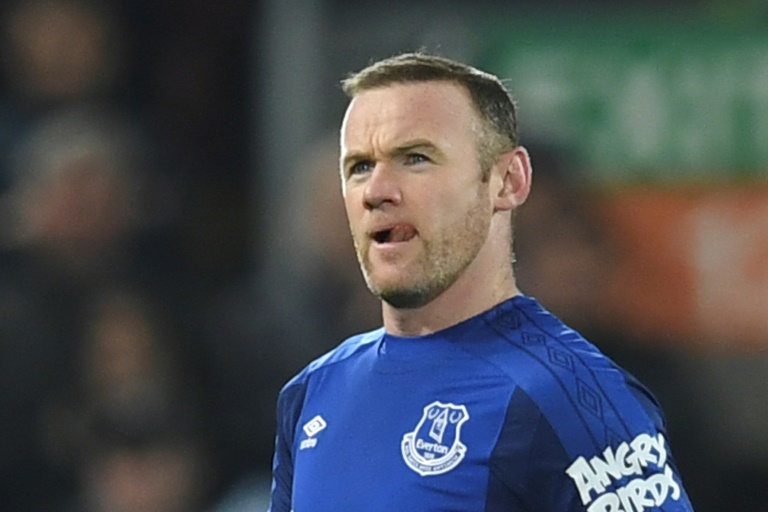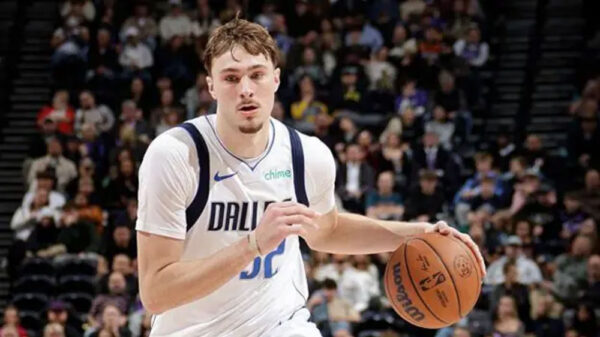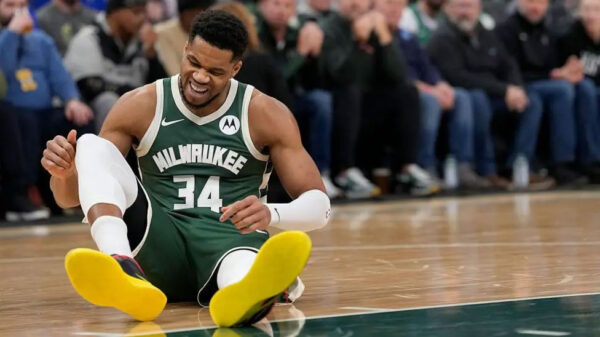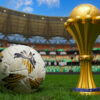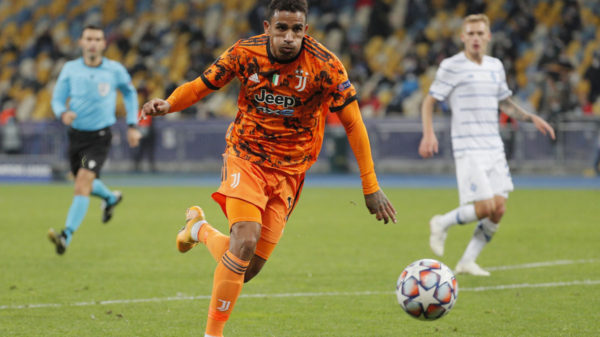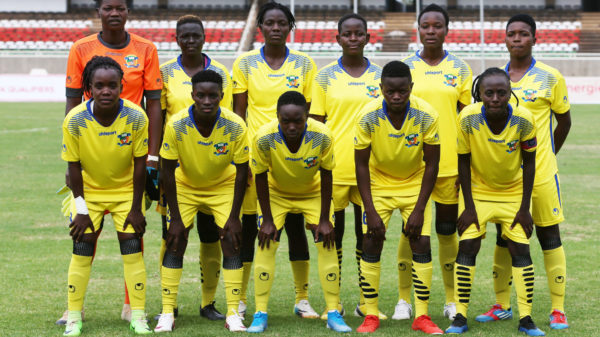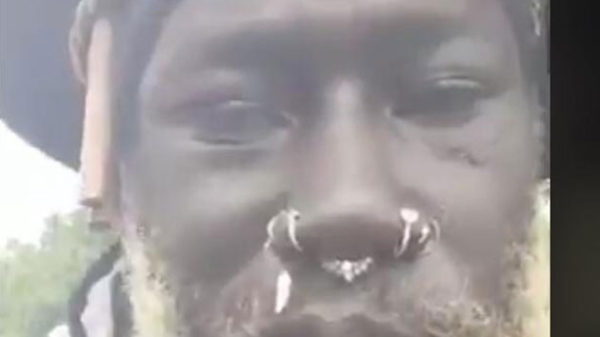PARIS, France, September 1 – Rugby union has experienced a tumultuous August, a month which started off well with the sport's dream of inclusion on the Olympics roster taking a giant step forward. But the champagne that accompanied the IOC’s Executive Board vote making it one of two sports on the brink of debuting at the 2016 Games quickly lost its sparkle.
But the champagne that accompanied the IOC’s Executive Board vote making it one of two sports on the brink of debuting at the 2016 Games quickly lost its sparkle.
No sooner had the celebrations of rugby sevens being put forward for a final vote by IOC members in Copenhagen in October begun to die down than the sport was back in the headlines for altogether different and more damaging reasons.
The ‘bloodgate’ scandal involving Harlequins may have been dealt with in terms of bans for the principal culprits involved – player Tom Williams and club director Dean Richards.
Yet the tawdry affair has taken an immeasurable toll on the sport’s standing as a bastion of fairplay.
And it is set to be back in the headlines when European Cup officials make public its full bloodgate judgment – a document that runs to some 100 pages.
There are even suggestions that the England international team, world champions in 2003, may have been involved in this sort of systematic cheating.
Rugby’s reputation had already taken a hit after a trio of Bath players were found guilty of failing to turn up for drug tests.
That came on top of what many regarded as the too lenient eight-week ban handed out to Springbok Schalk Burger for gouging in the second Test against the Lions in June.
Not behaviour one could ever have imagined IOC president Jacques Rogge engaging in during his time playing rugby for Belgium.
As a former surgeon though he would have been quick to detect the act of cheating that saw Williams burst a blood capsule in his mouth as a ruse to come off during Harlequins’ European Cup quarter-final against Leinster.
Richards’ former England teammate Stuart Barnes suggested the punishment he received – a three-year worldwide ban – could end a cheat culture that has arrived just as sporting ethics have become muddied by the advent of professionalism.
"Winning is the only barometer that has standing in our times," says Barnes.
For Chris Roycroft-Davis, a qualified RFU coach, Harlequins have done rugby a huge disservice.
"When Williams bit on that capsule he did more than damage his career and blacken the reputation of his club. He heaped shame on a game that has boasted such impeccable role models as Jonny Wilkinson, Brian ODriscoll and Gareth Edwards," Roycroft-Davies told The Times.
He added: "When England so heroically won the World Cup in 2003 they inspired tens of thousands of boys and girls to take up a game that was about honest endeavour, team spirit and the right attitude.
"All that counts for nothing any more. Win at all costs is the ethos today of the games professional cheats. Harlequins call their ground, in the shadow of the hallowed halls of Twickenham, The Stoop. How appropriate – for truly rugby can stoop no lower.
"Those of us who love the game are weeping. The tears, unlike Tom Williamss blood, are genuine."
The man who will have to oversee the repairing of English rugby’s battered image is new RFU president John Owen who believes there is light at the end of this summer of darkness.
"The game is in very good heart," he insists. "There have been setbacks this summer but we will come back stronger."
As for Richards he says the whole saga has left him "mortified".
"I accept full responsibility for what happened and have apologised for my actions," he said last week.
"I honestly believed that I was acting in the best interests of the club and my colleagues, a clearly mistaken belief."


